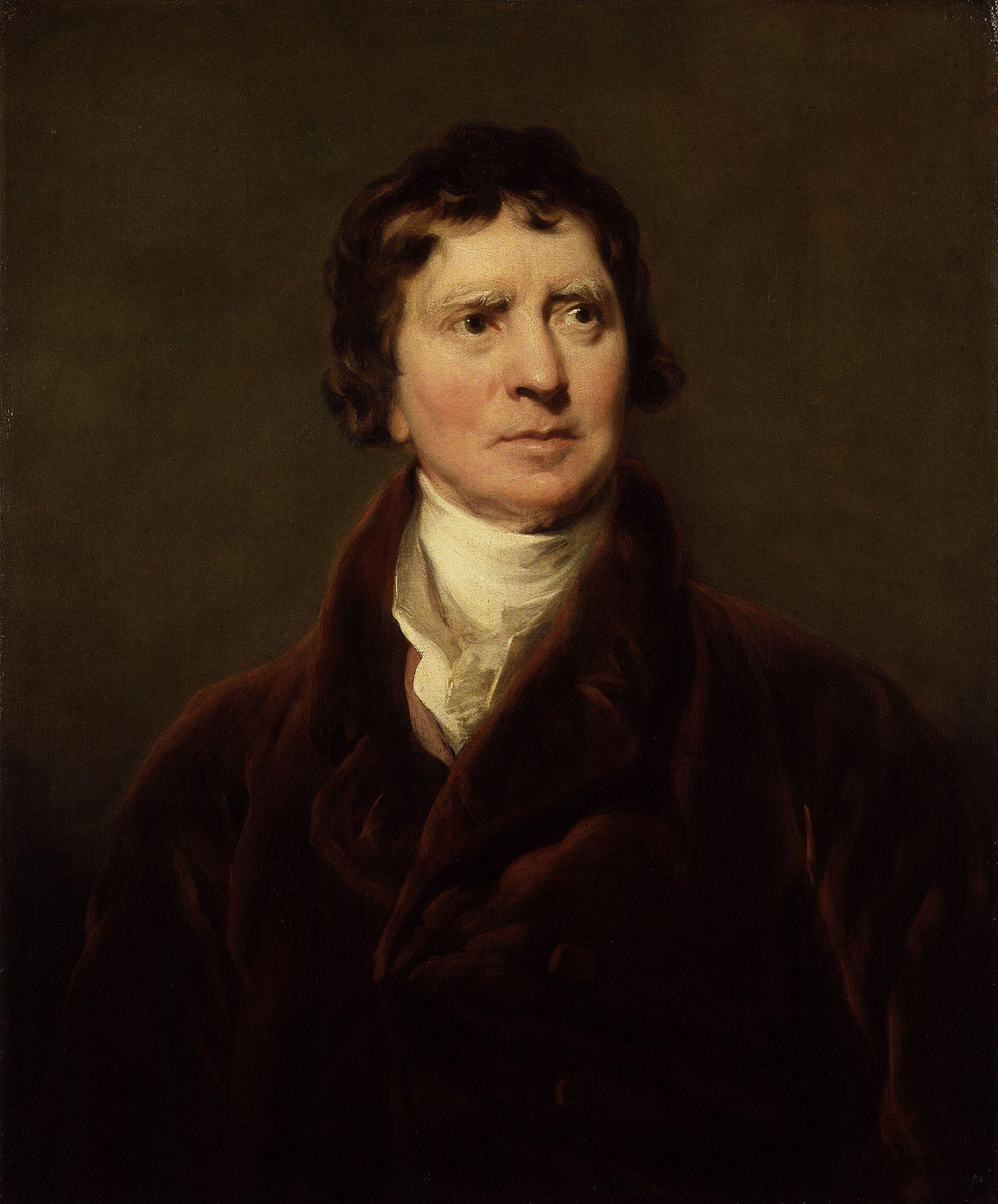To uncover the origins of the word "Toronto," one must look at archaeological and historical records to determine who would have used the term and to what they might have been referring to.
The name Toronto first appears in the historical record as the "lac de Taranteau" on a map of southern Ontario produced in 1670 by Father Rene de Brehant de Galinee. Interestingly, the name referred to Lake Simcoe and not the area known as Toronto today. French "courieurs de bois" used the term but it clearly is not French. One must look to the native languages spoken in the region to see whether there is a clue to its origins.
The social and political situation in southern Ontario was in a state of flux in the 1600s. Huron peoples lived in the Lake Simcoe region during the first half of the 17th century. Their word "Ouentaronk" is recorded in early European journals with a variety of spellings. There are possible meanings "poles spaced over a distance" or "poles that cross."
The Huron were driven out of the Lake Simcoe area around 1650. By 1666, members of the Iroquois Confederacy -- Mohawk, Oneida, Cayuga and Seneca -- had moved into southern Ontario, so it should not be surprising that a Mohawk word was being used for Lake Simcoe. Allowing for different spellings, Lake Simcoe was called some version of "Taronto" between 1670 and 1710. The root "-ront" refers to trees. The original word might have been "Tkaranto" meaning "where there are trees in water."
By the end of the 17th Century, the Iroquois too were driven out of southern Ontario by the Ahnisnabe -- Ojibwa, Odawa, Chippewa, and Mississauga peoples. The Ahnishnabe newcomers also referred to poles or other wooden features in water, though the name was attached not so much to Lake Simcoe itself but to the Narrows, the body of fast-flowing water between Lake Couchiching and Lake Simcoe. They called the Narrows "Mitchikan," Ahnishnabe for fence, enclosure, or hedge. A term similar in meaning was used by the French as they became more frequent visitors to the area. They called it "Lac aux Claies," the last word signifying a barrier, enclosure, or grating.
Having seen the image of trees or poles in water used in four different tongues -- Huron, Mohawk, Ahnishnabe, and French -- what was this set of poles or trees that formed a fence, barrier, or enclosure? It was a fish weir that crossed the Narrows. It consisted of a system of poles and nets. Fish could swim past the poles but would get caught in the nets. We know from the archaeology of the area and from the early writings of Samuel de Champlain that there were fish weirs in the Narrows that would have provided a bountiful supply of fish at various times of the year, particularly during the spring run of walleye, pike, sucker, and sturgeon.
With all of the evidence pointing to Lake Simcoe, how did the name get moved south to Toronto? It began as an infrequent copy error; old maps and descriptions of canoe routes were copied by hand and circulated widely and transcription errors could survive unquestioned for years. In the 1720s, "Toronto" became associated with a post by the mouth of the Humber River, the starting place for the "Carrying Place," the canoe and portage route from Lake Ontario to the waters that flowed into the upper Great Lakes.
The reader might well wonder what of the famous "meeting place" interpretation that appears in most sources. This putative translation was popularized by the 19th century historian Henry Scadding, well-known for his writings about Toronto. Like many well-meaning writers of his time, he tackled native words in ignorance of the grammar and semantics of native languages. Scadding mistakenly connected "Toronto" (which he felt was a more accurate representation of the word than "Taronto") with "atonronton," a Huron verb meaning "to be plenty." A "meeting place" could be thought of as "plenty of people," but to have this meaning, the verb would need to be altered to "ondatonronton" or "ayontonronton" ("they are plenty".) This is a long way from "Taranteau." As they say in some parts, "You can't get there from here."





